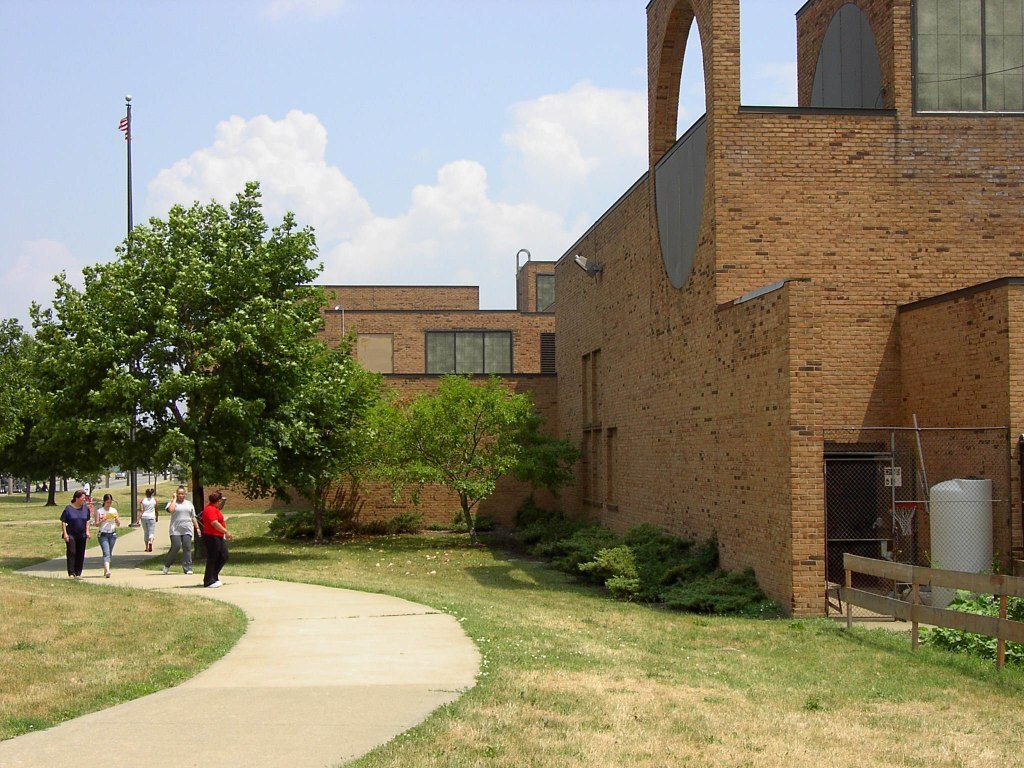EcoVillage

Cleveland's EcoVillage is an urban redevelopment project that aims to create an economically and ecologically sustainable community within the Detroit Shoreway neighborhood. The project was conceived by environmental groups in the mid 1990s to combat urban sprawl and outmigration from the city's core by creating an attractive, healthy living space. Environmentally conscious, pedestrian-friendly designs for an urban village were integrated with efforts to promote diversity and community involvement. The EcoVillage project has been led by the efforts of EcoCity Cleveland, an environmental group that merged in 2007 with the Cleveland Museum of Natural History to form the GreenCityBlueLake Institute, and the Detroit Shoreway Community Development Organization, a neighborhood development organization. While part of a larger worldwide movement toward creating sustainable ecovillage communities, it is one of only a few projects to successfully be implemented in an urban environment.
Video
Images




